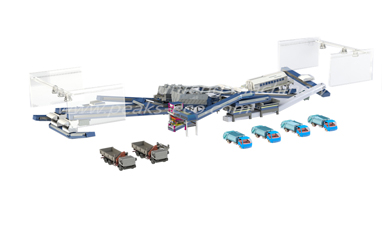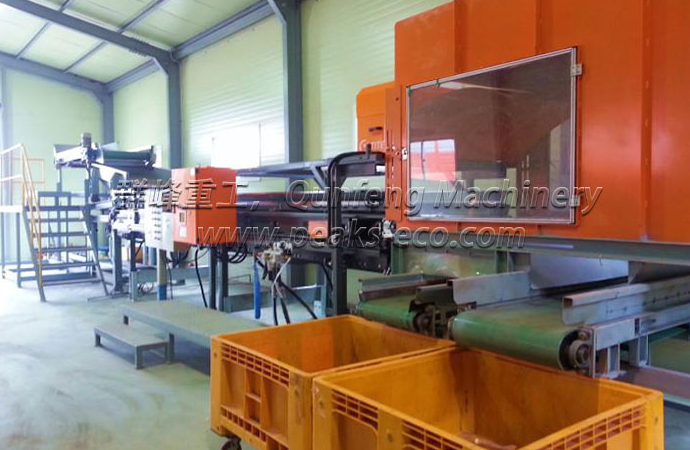There are some benefits of waste recycling.
Save energy
In recycling, used materials are processed and reused into the resources we need. Instead of burning energy to make brand new products, recycling products is put back into the market for consumers to use. That way, we as consumers can meet our needs without consuming a lot of energy, a process on which the world has relied for too long. Transportation resources and recycling facilities can assist the recycling process and kick-start a range of environmental awareness activities that benefit people and the planet.
Conserving Natural Resources
Our planet has been overused and resources have been depleted over time, but this is something we as a society are finally beginning to understand and work to change. Transportation resources and recycling facilities can aid the recycling process, and eco-conscious activity can benefit us and our planet.
Reducing greenhouse gas emissions
The country's carbon footprint, which measures the man-made amount of greenhouse gases affecting our environment, is out of control. Part of the service involves delivering vehicles that would otherwise be discarded and recycling their individual parts for reuse. This helps curb greenhouse gas emissions because the new objects are built from materials that would otherwise clog landfills, while the objects are made from raw materials, releasing even more greenhouse gases into the atmosphere in the process!
Prevention of pollution
When raw materials are collected and manufactured to produce new products, harmful pollution enters our atmosphere. We collect waste and other waste resources to create a new recycling product chain. These will be repurposed for useful purposes.No need to collect any new ingredients and pass them through the industrial system on our watch!
Reduce waste
When we throw something in the trash, we haul it to a landfill and let it rot. Recycling helps reduce waste by moving waste materials to our recycling facilities, where we collect and reuse these items. Recycling also reduces waste, as no new resources are collected and may be wasted in the manufacturing process. In short, recycling gives new life to old materials and reduces the waste we cause. The waste cycle ends with recycling!

Reducing climate-altering carbon emissions
Because recycling means you need to use less energy to procure and process new raw materials, it produces lower carbon emissions. It also keeps waste that might emit methane out of landfills.
Reducing the amount of carbon dioxide and other greenhouse gases released into the atmosphere is essential to preventing catastrophic climate change.
Protect ecosystems and wildlife
Recycling reduces the need to grow, harvest, or extract new raw materials from the earth.
This, in turn, reduces harmful damage and destruction to the natural world: deforestation is reduced, rivers are rerouted, wildlife is injured or displaced, and water, soil, and air pollution are reduced.
Of course, if plastic waste is not safely recycled, it can be blown or washed up in rivers and oceans, ending up hundreds or thousands of miles away, contaminating coastlines and waterways, and becoming everyone's problem.
Municipal solid waste (MSW) or household waste consists of discarded daily consumer goods. This general waste is usually placed in a black bag or bin that contains a mixture of dry and wet recyclables, organic, inorganic, and biodegradable materials, including food waste, containers, cans, cartons, product packaging, newspapers, and cards. Waste recovery machines can be used to treat municipal solid waste.

没有评论:
发表评论